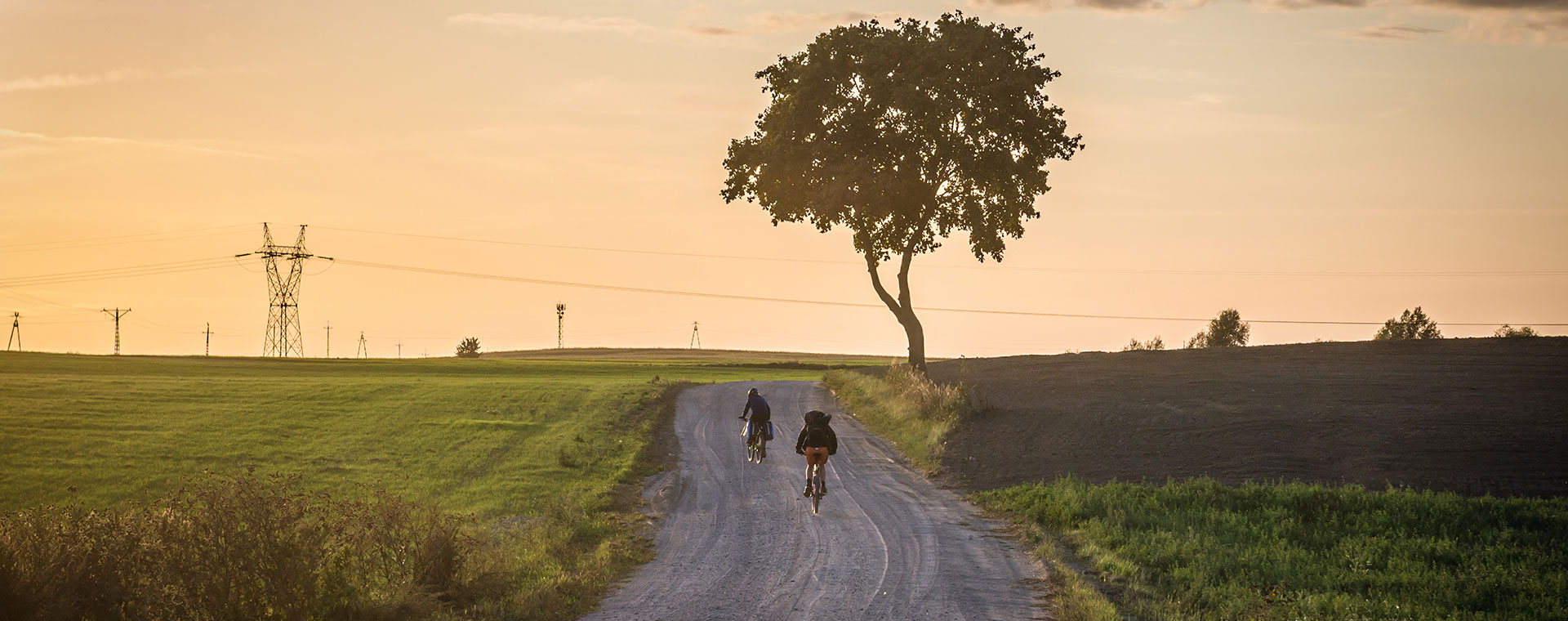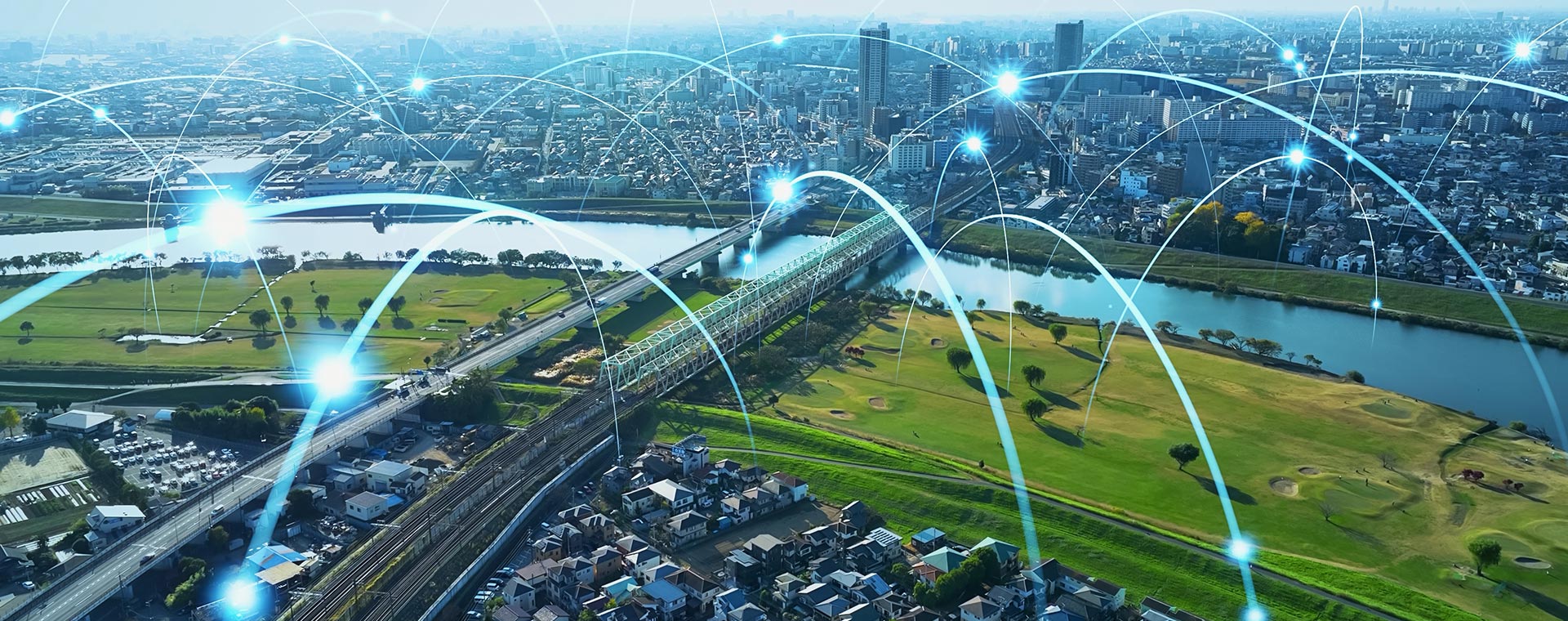Interview
Decarbonization
The intricate connection between decarbonized mobility and liveable cities
-
François Gemenne
IPCC co-author and The Mobility Sphere scientific advisor

"Achieve so much more"
Why do we need the Mobility Sphere think tank?
People are afraid that climate action will translate into increasing costs and less personal mobility. It is exactly the right time to launch the Mobility Sphere, because we will need to solve that dilemma, we will need to show that reducing greenhouse gas emissions in the mobility sector is not a constraint, but can also be a project and an opportunity for better transport.
The Mobility Sphere is about gathering a wide range of actors involved in mobility from both the private and public sectors, from providers of transportation, to users of transportation. And to make them think together about the best way to achieve a just transition in the mobility sector.
Why does humanity find it difficult to deal with long-term questions like climate change?
We have a strong inertia in the climate system. Climate change is a problem of stock and not of flow. The problem comes from the accumulation of greenhouse gases over the past centuries, which is the reason why many young people feel resentment towards their elders because they realize that they will suffer from the impacts of climate change although it has nothing to do with their own emissions, but everything to do with the emissions of their parents, grandparents and great grandparents. And therefore, because of that, because of this disconnection in time and space between our actions and the effects of our actions, we do not have the possibility to concretely experience the results of our actions. And that is a key cognitive difficulty.
Did the Amsterdam forum give you hope that the cognitive difficulties can be overcome?
We have always insisted on the co-benefits of climate action, telling people, you know, if you eat less meat, you will be able to have a more healthy diet and reduce the risk of some diseases associated with a meat-heavy diet. We have told them you should cycle instead of taking your car for short journeys because if you cycle, you’ll be able to exercise and enjoy fresh air.
But something that struck me during the first conference was that the co-benefits of decarbonizing mobility in cities are so huge when it comes to building more liveable cities, that maybe we should think about things the other way around. Maybe we should no longer think about the co-benefits of decarbonization, but of decarbonization as the effect of building more liveable cities. It could be a fundamental shift if decarbonization is no longer the goal, but rather the benefit of our actions in redesigning transportation, and therefore in redesigning cities and the way we relate to each other.
How can we make sure that the decarbonization of transportation benefits everybody?
A key goal in setting up the think tank was obviously to work on the decarbonization of transportation and of mobility. But by doing so, we can redesign cities and therefore the way we relate to each other and the way we live. We must think about the connections between people who live in cities, and people who use cities, or people who travel to cities.
We have a tendency to oppose people to each other, people living in urban centres and people living in suburban areas, a tendency to oppose motorists and users of public transportation, a tendency to oppose users of some public transportation and users of other public transportation as if they were competing with each other. I think that we need to recognise that all of us use different means of transportation.
What creates some resentment among people living in peri urban or rural regions is that they have the impression that all efforts and investments are concentrated in cities and that they are being left out and excluded from decarbonization as a political project. Decarbonizing mobility won’t be successful if people have the impression that they are being excluded. The challenge of this think tank, the Mobility Sphere, is to try and avoid that by seeing equity not just as a kind of grand general moral principle, but also as a condition for efficiency. This is exactly the reason why the Mobility Sphere can achieve so much more than what it was designed for.
-
 Interview
Decarbonization
Interview
Decarbonization
How will rural areas adapt to the shift towards carbon-neutral mobility?
Caulfield Brian, Professor in transportation and Head of Department at Trinity College Dublin, Expert to the National Transport Authorithy (Ireland)
-
 Interview
Decarbonization
Interview
Decarbonization
How can we catalyze the transition towards carbon-neutral transportation?
Katarina Cséfalvayová, Co-founder and director of the Institute for Central Europe
-
 Interview
Public investment
Interview
Public investment
How can we integrate inclusion in the transition to sustainable transportation?
Halpern Charlotte, FNSP tenured researcher at Sciences Po Paris’ Centre for European Studies and Comparative Politics
-
 Edito
Common Good
Edito
Common Good
Is public transportation a common good?
Passalacqua Arnaud, Professor at the Paris School of Urban Planning
Public transportation is a common good: this is a commonly accepted fact, even if its meaning isn’t explored in depth. The question of commonality raises a number of tensions between the public transport’s organization and its financing methods, which are little known to users. -


